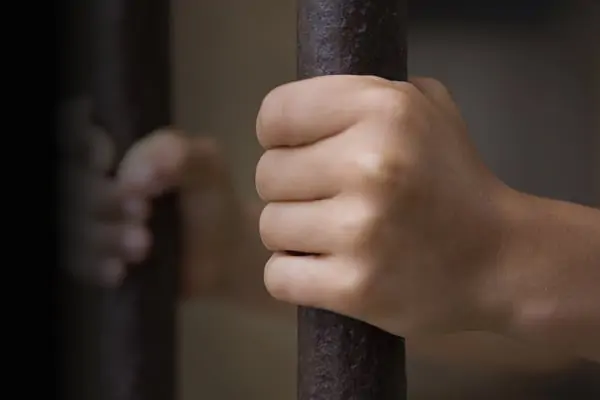FAQ About Arrests and Police Contact
Anytime there is an arrest, encounter with the police or a potential legal problem involving criminal charges, you are going to have a lot of questions. Here at Buck Johnson Law, we receive many questions but some we hear repeatedly. We have developed this frequently asked questions section of our website to answer some of those questions. If you don’t see an answer to your question, email us!

Police Contact
Police contact can bring up many questions. Below are just a few questions frequently asked. Click on each question to learn more.
If a police officer has signaled his intent to stop your vehicle, then you must quickly find a safe place to pull over. This applies even if you think you have done nothing wrong!
You must provide the officer with your driver’s license and proof of insurance. If the officer orders you to get out of your vehicle, you must do so. You are not obligated to answer any questions or perform any roadside tests. You should always be respectful and understand that the encounter is being recorded.
You should respectfully ask the officer if you are being detained. If he says yes, you need to stay with the officer. If he asks for identification, you need to provide it to him. You are under no obligation to answer any questions. If you are not being detained, you are free to walk away.
Under Arrest
Being under arrest can bring up many questions. Below are just a couple of questions frequently asked. Click on each question to learn more.
Don’t agree to answer any questions. You will be asked to provide some basic information during the booking process at the jail. You should always be respectful and will need to comply with the booking procedure. However, you should not, at any time, answer any questions about the circumstances leading to your arrest.
Officers frequently make arrests without reading Miranda rights. They are only required to be read prior to any custodial interrogation. In many cases, the officer already has a statement from you because you answered questions prior to being arrested. This is why it’s critical to never answer any questions. If you are read your rights, unequivocally ask for a lawyer and don’t say another word.
Bail and Bonds
Bail and bonds can bring up many questions. Below are just a couple of questions frequently asked. Click on each question to learn more.
Bail is money given to the county to secure your appearance in court to answer the charges for which you were arrested. The magistrate will set your bail based on a variety of factors. The amount of bail varies wildly throughout the state. The accused can post the cash amount of the bail or in most cases obtain a surety bond.
A bond can be posted on your behalf by a third party “bondsman” who would charge a fee. Typically bondman charge around 10% of the bail amount, plus other administrative fees.
Contact Us
If you want more information regarding hiring criminal attorney, Buck Johnson, fill in this form. We will get back to you as soon as possible regarding a criminal defense consultation.
Ranges of Punishment
In Texas crimes are designated as either a felony or misdemeanor. Below is a breakdown of the punishment ranges for each type of charge. In certain situations, a charge might be enhanced to a higher lever based on the criminal history of the accused, or the specific nature of the offense alleged.
Class C Misdemeanor: Fine not to exceed $500.
Class B Misdemeanor: Up to 180 days in jail, fine of up to $2,000.
Class A Misdemeanor: Up to 1 year in jail, fine of up to $4,000.
State Jail Felony: 180 days-2 years in the State Jail, fine up to $10,000
Third degree felony: Up to 10 years in prison, fine of up to $10,000
Second degree felony: 2 to 20 years in prison, fine of up to $10,000.
First degree felony: 5 years to life in prison, fine of up to $10,000.





